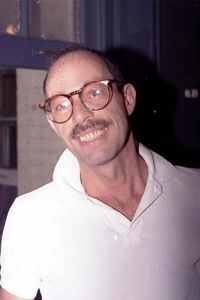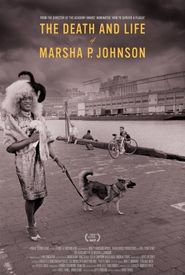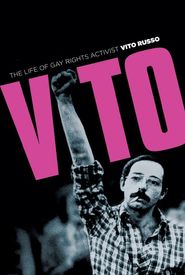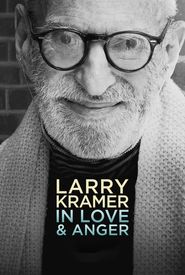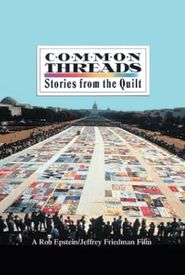Vito Russo, a native New Yorker, was a pioneer in the early history of the gay and lesbian movement, dedicating his life to fighting for change until his untimely death at the age of 44 in 1990 due to complications caused by AIDS.
Russo's passion for films led him to organize screenings of camp classics at New York's Firehouse for the Gay Activist Alliance in the early 1970s. These screenings evolved into lectures, which eventually turned into articles published in prominent outlets such as The Advocate, Rolling Stone, and The Village Voice.
His research and work culminated in the highly acclaimed book, The Celluloid Closet: Homosexuality In the Movies, a groundbreaking survey of how gay men and lesbians have been portrayed in film. Initially published in 1981 and revised in 1987, this landmark text was both political and scholarly, making it an entertaining and informative read.
Russo was not only a prominent author but also a street activist, actively participating in debates and controversies. He was a co-founder of ACT-UP and played a significant role in the founding of the Gay and Lesbian Anti-Defamation League, later which became GLAAD, in response to the New York Post's biased coverage of the AIDS crisis.
In addition to his activism, Russo was also a dedicated advocate for his partner, Jeffrey Sevick, whose memory he honored by creating a panel for the AIDS quilt, which was featured in the film "Common Threads."
Russo left behind his parents, Angelo and Angelina, and his brother, Charles, who survived him.
